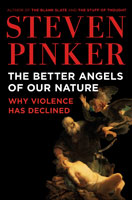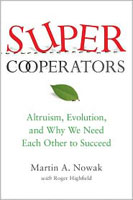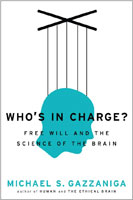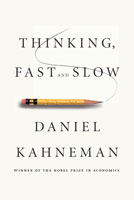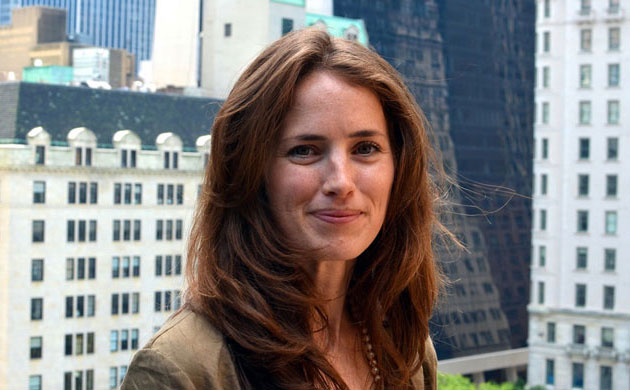Why has cooperation, not competition, always been the key to the evolution of complexity?

Mathematical Biologist, Game Theorist; Professor of Biology and Mathematics, Director, Center for Evolutionary Dynamics, Harvard University; Author, SuperCooperators: Altruism, Evolution, and Why We Need Each Other to Succeed.
MP3 AUDIO DOWNLOAD
LEDA COSMIDES
Recent research concerning the welfare of others, etc. affects not only how to think about certain emotions, but also overturns how most models of reciprocity and exchange, with implications about how people think about modern markets, political systems, and societies. What are these new approaches to human motivation?

LEDA COSMIDES is a Professor of Psychology and Co-director (with John Tooby) of Center for Evolutionary Psychology at the University of California, Santa Barbara
MP3 AUDIO DOWNLOAD
MICHAEL GAZZANIGA
Asking the fundamental question of modern life. In an enlightened world of scientific understandings of first causes, we must ask: are we free, morally responsible agents or are we just along for the ride?

Neuroscientist; Professor of Psychology & Director, SAGE Center for the Study of Mind, University of California, Santa Barbara; Human: Who's In Charge?
EDGIES:

Stewart Brand, Biologist, Long Now Foundation; Author, Whole Earth Discipline

John Brockman, Publisher & Editor, Edge; CEO, Brockman, Inc; Author, The Third Culture

Max Brockman, Literary Agent, Brockman, Inc; Editor, Future Science: Essays From The Cutting Edge

George Dyson, Science Historian; Author, Darwin Among the Machines

Jennifer Jacquet, Fisheries Scientist, Postdoctoral Fellow, UBC

Jaron Lanier, Computer Scientist, Musician; Author, You Are Not A Gadget

Salar Kamangar, CEO of You Tube and Google's ninth employee, is former VP of Google's web applications.

Katinka Matson, Cofounder, Edge; President, Brockman, Inc.; Artist, katinkamatson.com

Sean Parker, The Founders Fund; CoFounder, Napster & CoFounder & Founding President, Facebook

Nicholas Pritzker, Hyatt Development Corporation

John Tooby, Founder, Field of Evolutionary Psychology; Co-Director, UC Santa Barbara's Center for Evolutionary Psychology

Anne Treisman, Research Psychologist, Princeton
PRESS ATTENDEES:

Benedict Carey, Journalist, New York Times
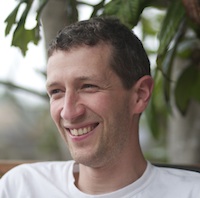
Jim Giles, News Correspondent, New Scientist

Greg Miller, News Correspondent, Science
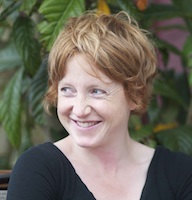
Lucy Odling-See, News Correspondent, Nature

Eva Wisten, Journalist, Dagens Industri








